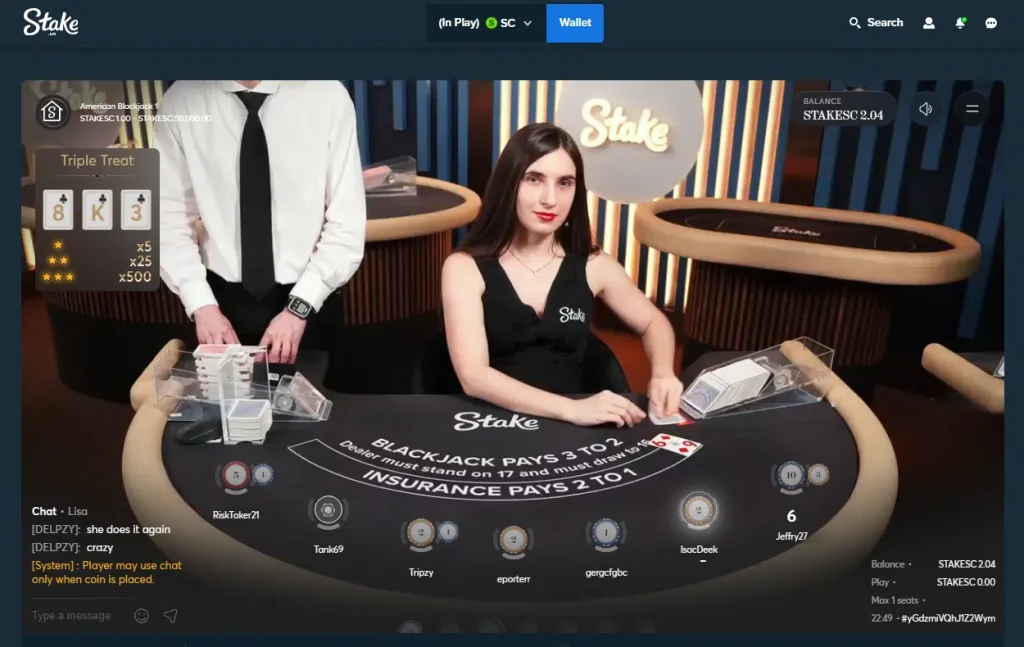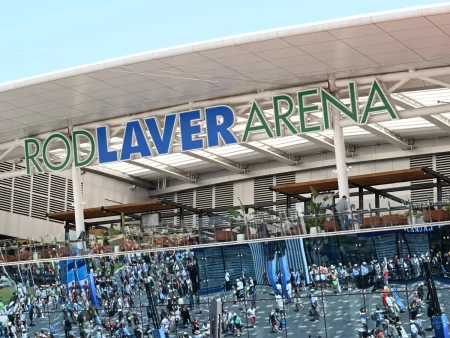A federal lawsuit in Illinois accuses sweepstakes gaming platform Stake.US of violating state law. The lawsuit claims the platform is operating a disguised version of its real-money gambling site. Brayden Urdan, an Illinois resident, brought the case in the Northern District of Illinois. The legal action alleges unlawful gambling practices and violations of consumer protection laws.

Urdan claims he lost $15,000 playing games on Stake.US since 2022. He argues that the platform is not a legitimate free-play site. Instead, he describes it as a strategic replica of the real-money cryptocasino Stake.com. The complaint further alleges that the company’s dual-currency model mirrors systems commonly used in sweepstakes casinos. It is a calculated attempt to circumvent state gambling restrictions.
The lawsuit states that Stake.US and Stake.com sponsor the same celebrities and sports teams. This, the filing argues, shows that Stake.US is simply a strategic copy of Stake.com, deceptively rebranded as a social casino to evade gambling regulations.
Well-known figures like pop star Drake and MMA fighter Israel Adesanya are listed as promotional partners of both Stake.com and Stake.US. The filing argues that these celebrity endorsements are part of a broader strategy to obscure the risks of gambling.
The legal complaint highlights the clear goal of Stake’s aggressive sponsorship strategy. By associating itself with globally admired celebrities and teams, Stake aims to normalize online gambling, build consumer trust, and mask the risks of gambling behind an appealing entertainment-focused image.
The case mirrors similar legal challenges faced by other sweepstakes-based casino platforms. Another lawsuit against Stake.US is already underway in California. This is where plaintiff Dennis Boyle has filed claims echoing those in the Illinois case. Before moving to the California federal system, that matter began in state court.
Edelson PC, the firm representing Urdan is the same legal team behind the high-profile lawsuit against High 5 Games in Washington state. After a court found the operator violated state gambling laws, that case resulted in a $25 million settlement in favor of the plaintiffs.


